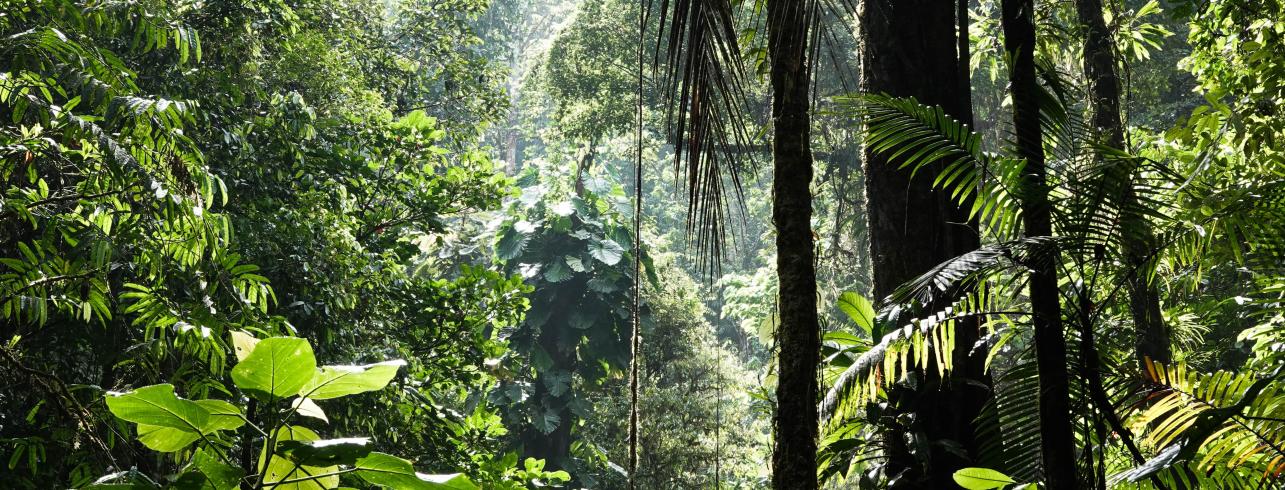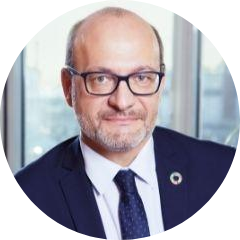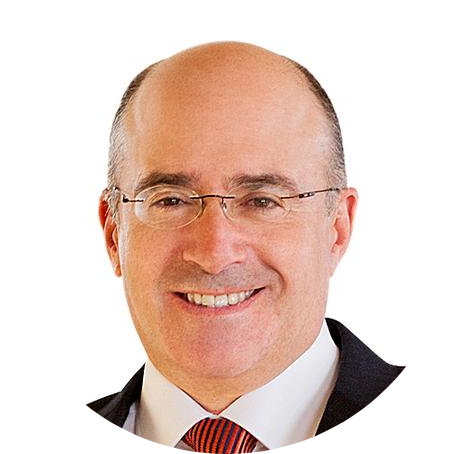
One Planet Lab : Activities 2023
At COP 15 in late 2022, the One Planet Lab launched a new initiative, as announced in the communique issued by President Macron the 7th of November at COP 27 in Sharm El-Sheikh: a working group in collaboration with the Global Environment Facility (GEF).
This High-Level Working Group (HLWG) focuses on innovative mechanisms to address biodiversity financing needs.
For its first working session during the COP in Montreal, it brought together leaders and experts from around the world.
It focused then on working on the state-of-play, diagnostics and recommendations for unlocking new financial resources for the conservation, sustainable use, and restoration of biodiversity in a socially inclusive manner, with a focus on two emerging instruments: biodiversity-positive carbon credits and nature certificates.
The main recommendations of the Working Group were detailed in the GEF report on innovative finance for nature and people.
These elements were presented to leaders at the One Forest Summit.
The need for innovative mechanisms to finance biodiversity
The lack of adequate financial resources is widely recognised as one of the reasons for the failure to achieve the previous global biodiversity targets, known as the Aichi targets. Within the overarching imperative to align all financial flows with biodiversity objectives, there is a need to explore how innovative mechanisms could deliver nature-positive outcomes and bridge the biodiversity finance gap at scale.
So far, protected areas receive only one third of the funding they would need to be effectively managed. The rates of deforestation and degradation are relatively low in most of these areas and therefore they generally sit outside the carbon markets, and there is little or no large-scale financing scheme available, especially financing that is accessible to local communities.
These critical ecosystems provide a common service for humanity. It is vital that we therefore rapidly scale our efforts and cooperation to ensure their protection.
How to address biodiversity financing needs
On the one hand, the existing and growing voluntary carbon market must integrate nature-related concerns and we need to increase the biodiversity co-benefits of the article 6 market, through environmentally valuable carbon credits that should be traded at a premium compared to "classic" carbon credits.
On the other hand, one promising avenue is for a voluntary market for "nature positive certificates" to enable public and private entities to contribute to nature positive outcomes beyond climate-related credits and trading schemes. Such mechanisms can build on the lessons learnt from biodiversity offset schemes and from the voluntary carbon market.
Biodiversity credit mechanisms have so far been mostly considered in the context of mandatory offsetting under national "no-net-loss" regulations. The necessary ecological equivalence implied in compensation schemes, which fundamentally distinguishes biodiversity from carbon credit mechanisms, limits their upscaling and use for protection of vital reserves of carbon and biodiversity.
A key challenge in this endeavour is the measurement of impacts on biodiversity, as no global index has yet emerged as unchallenged reference metric of nature positive impact. Not only the measure but the verification and certification of such measure will be key factors of success of any future scheme.
Scope of work of the Working Group
The aim of the Working Group is to explore the potential for such schemes - both carbon credits with a high environment impact and new biodiversity credits or certificates -, to identify barriers to be addressed for their development, integrity and scaling up, and to make recommendations on how such innovative mechanisms can deliver both climate and nature- positive outcomes, while bridging the finance gap.
The group should in particular review and benchmark the different metrics and frameworks for measurement and reporting on nature impact and their potential for solid and independent verification and certification.
Based on the outputs of the Working Group, development and pilot phase roll-out in selected geographies of a Nature Positive Certification may be explored by the GEF and partners.
**
Members of the Working Group

M. Carlos Manuel Rodriguez
CEO and Chairperson of the Global Environment Facility (GEF)

M. Yannick Glemarec
Director of the Green Climate Fund (GCF)

M. Aniruddha Dasgupta
President and CEO of the World Resources Institute (WRI)

M. M Sanjayan
CEO of Conservation International

M. Philippe Zaouati
CEO of MIROVA

Dr Barbara Buchner
Global Managing Director of the Climate Policy Initiative

Mme Inger Andersen
Executive Director of the United Nations Environment Program (UNEP)

Dr Cristián Samper
Managing Director of the Bezos Earth Fund

Mme Qu Dongyu
Director general of the Food and Agriculture Organisation (FAO)

Mme Mari Elka Pangestu
Managing Director of the World Bank

M. Makhtar Diop
Executive Director of the International Finance Corporation (IFC)

Mme Jennifer Morris
CEO of The Nature Conservancy (TNC)

M. Rémy Rioux
CEO of the French Development Agency (AFD)

Mme Lucy Mulenkei
Executive Director of the Indigenous Information Network, Chair of the Indigenous Peoples Advisory Group (IPAG) of GEF

M. David Antonioli
CEO of Verra

Mme Razan Al Mubarak
President of the International Union for Conservation of Nature (IUCN)

Dr Partha Dasgupta
Professor Emeritus of Economics at the University of Cambridge

Dr Carlos Nobre
Chair of the Science Panel for the Amazon of the US National Academy of Sciences, Brazilian Academy of Sciences and the World Academy of Sciences

M. Craig Cogut
CEO of Pegasus Capital Advisors
